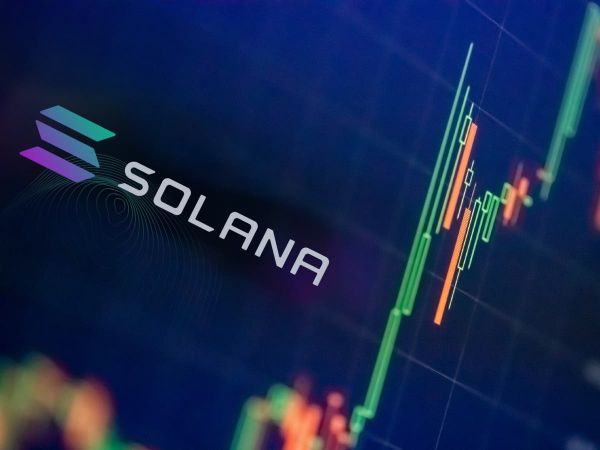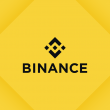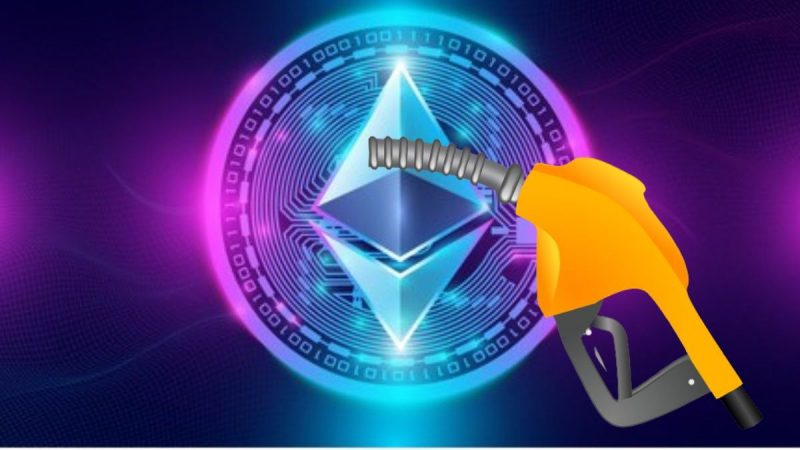According to JPMorgan, Ethereum is losing momentum to its rivals in the NFT sector of the cryptocurrency ecosystem. They say this is because of the network’s exorbitant transaction costs. The bank’s researchers had a few things to say regarding the current predicament.
JPMorgan’s findings
According to JPMorgan researchers led by Nikolaos Panigirtzoglou, Ethereum’s volume share in non-fungible token trading has decreased from approximately 95% at the start of 2021 to around 80%.
READ ALSO: An Ethereum Whale just bought 99,999 tokens of this Altcoin
In recent weeks, the bank’s global markets team discovered that the Solana network, in particular, has been gaining market share from Ethereum.
“If the loss of its NFT share starts looking more sustained in 2022, that would become a bigger problem for Ethereum’s valuation,” Panigirtzoglou said.
Ethereum killer?
While Ethereum (and Bitcoin for that matter) registered large institutional outflows, Solana, on the other hand, saw inflows of $5.4 million. The asset has been popular among investors, with only two weeks of outflows since August 2021.
Solana has been positioned as an Ethereum competitor, and appropriately so, given the project’s present market worth. Outflows of 1.5 percent of AuM were seen in Ethereum, indicating a surge in negative sentiment.
READ ALSO: Visa collaborates with Ethereum-backed ConsenSys to work on CBDCs
In a recent research note, Bank of America analyst Alkesh Shah stated that Solana might eat into Ethereum’s market share.
While describing Solana, he said that it “produces a blockchain optimized for consumer use cases by prioritizing scalability, low transaction fees, and ease of use,” citing Lily Liu, Foundation member Solana.


Solana’s growth has been phenomenal. Since March 2020, it has settled over 50 billion transactions and has a total value of $10 billion locked in.
Although the low gas fee and ease of use, compared to Ethereum, is wholeheartedly welcomed, certain challenges loom over Solana’s growth. In order to further push ahead, Solana would have to champion some of its challenges.
The primary challenge, and most important in my opinion, is to improve security. The blockchain experienced its third outage in a matter of months in early January 2022.





